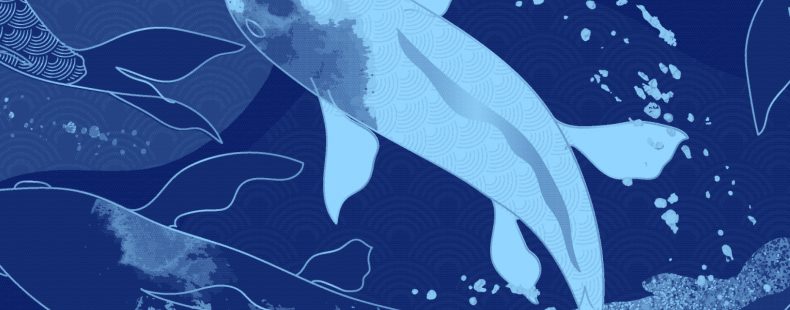According to some experts, Japanese is one of the hardest languages for a native English speaker to learn. In fact, the ranking scale used by the US Foreign Service estimates it takes 88 weeks to master general professional proficiency in Japanese (as compared to 24–30 weeks for French or Italian), in part due to the three different writing systems used.
But it doesn’t take a lot of time to master the Japanese words you already know. That’s right, the Land of the Rising Sun has loaned many a word into English, and you may not even have realized it. While many will instantly recognize the words on our list as Japanese, a lot of these loanwords have become so integrated and common in English that we don’t process their Japanese origins as such.



























